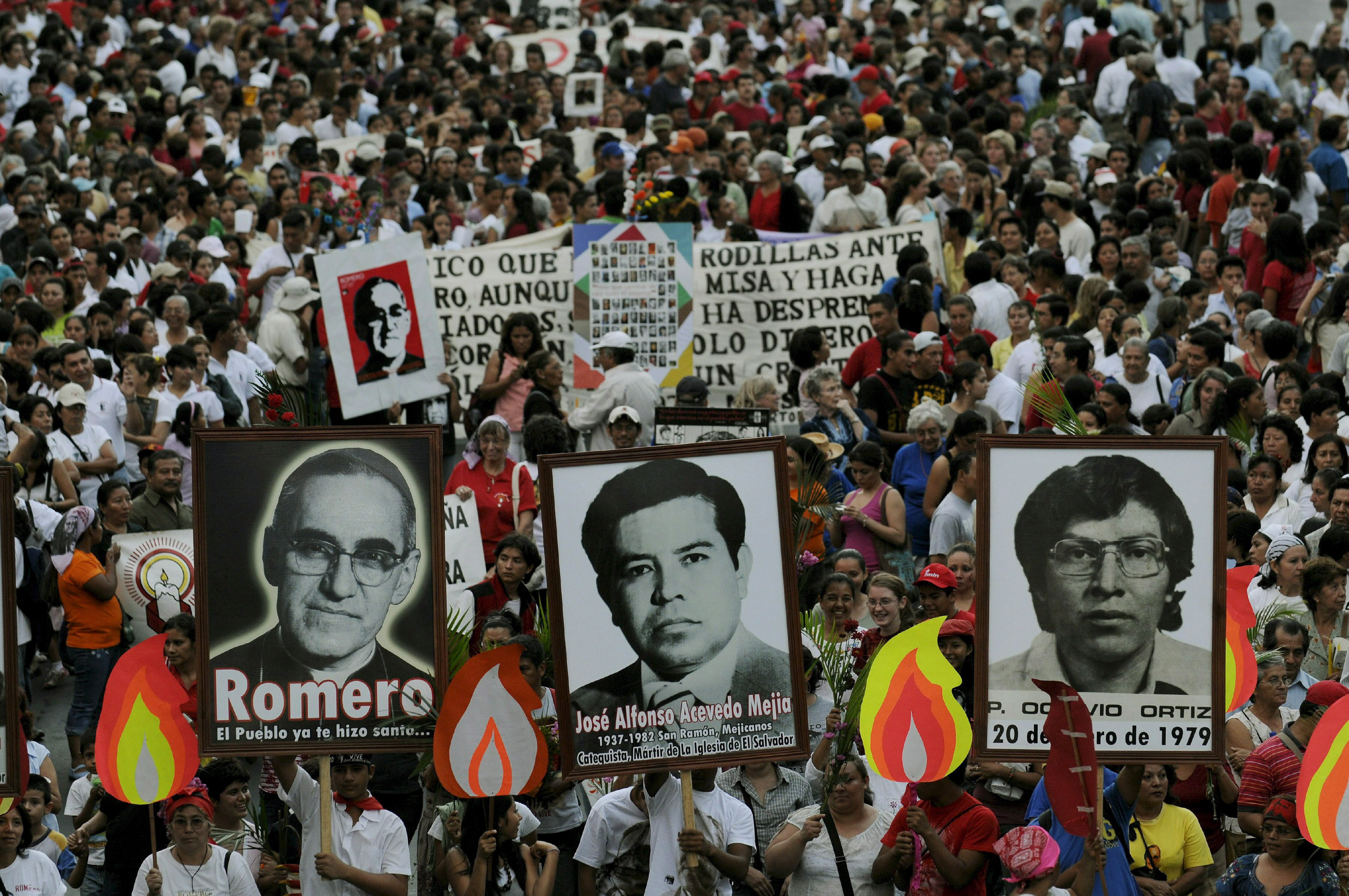Reference



OpenAI's Answer
In 2016, El Salvador's Constitutional Court ruled that the 1993 Amnesty Law was unconstitutional. This decision was based on several key reasons:
-
Violation of Human Rights and International Law: The court determined that the law was in violation of international human rights norms and standards. It was declared that amnesty could not be granted in cases involving crimes against humanity, which were committed during El Salvador's civil war.
-
Blocking Justice for Grave Crimes: The Amnesty Law had prevented the prosecution of individuals responsible for serious human rights abuses that occurred during the civil conflict, including massacres and other crimes against civilians. Essentially, the law provided impunity for those accused of such grave offenses.
-
International Commitments: The decision underscored the conflict of the Amnesty Law with El Salvador's commitments under international treaties such as the American Convention on Human Rights and the International Covenant of Civil and Political Rights.
The court's ruling was seen as a significant step towards justice for the victims of the civil war and a means to ensure accountability for human rights violations. The decision also aligned El Salvador more closely with international human rights obligations.
For more details, you can refer to the original announcements of the court's decision on WOLA and by Amnesty International.
Follow Up
Related
Lý do chọn đề tài: chứng minh" nhận định hiệu quả kinh doanh bán hàng chỉ thực sự hiệu quả nếu tạo r
Who won the women's individual foil competition at the 2016 Olympics?
What is the population of Radkan Rural District as of 2016?
What were Charles Chibana's results at the 2016 Olympics in judo?
WHO IS JOSE RIZAL?